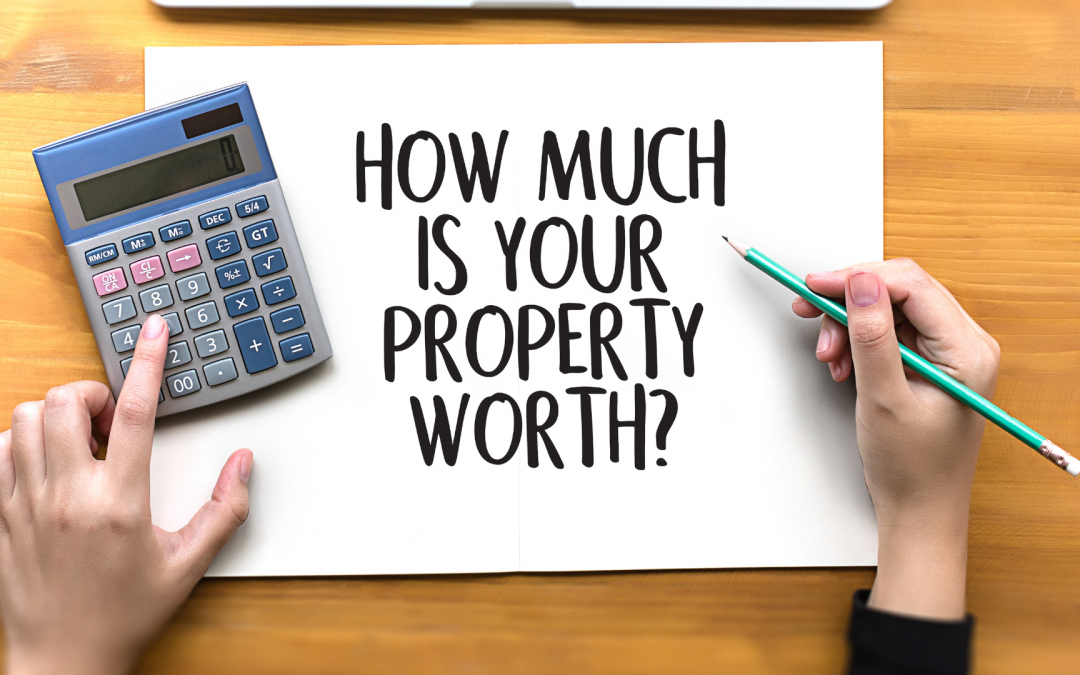If you’ve ever wondered how much your home is worth, you’re not alone. Knowing your home’s value is important whether you’re thinking about selling, refinancing, or just curious. But how exactly do you determine what your home is worth?
Here’s a simple guide to help you understand the factors that affect your home’s value and how to find out what your property might be worth.
1. Understand the Factors That Influence Home Value
Several key factors can influence your home’s value. These include:
- Location: Where your home is located is one of the biggest factors in its value. Proximity to good schools, parks, shopping, and public transportation can significantly increase your home’s worth.
- Size and Layout: The size of your home, the number of bedrooms and bathrooms, and the overall layout all play a role in determining its value. Larger homes or those with more functional layouts often command higher prices.
- Condition and Age: A well-maintained home will generally be worth more than one that needs significant repairs. The age of your home can also affect its value, especially if it has older systems like plumbing or electrical that may need updating.
- Upgrades and Renovations: Recent upgrades, such as a new kitchen, updated bathrooms, or energy-efficient windows, can increase your home’s value. On the flip side, outdated features might lower it.
- Market Conditions: The current real estate market also influences your home’s value. In a seller’s market, where demand is high and supply is low, home prices tend to rise. In a buyer’s market, prices may be lower due to higher inventory levels.
2. Use Online Valuation Tools
One of the easiest ways to get an estimate of your home’s value is to use an online home valuation tool. Websites like Zillow, Redfin, and Realtor.com offer free tools that give you a rough estimate based on recent sales in your area and current market trends. While these tools provide a quick and convenient estimate, remember that they may not always be accurate, as they don’t consider your home’s unique features.
3. Look at Comparable Sales (Comps)
Another effective way to determine your home’s value is to look at recent sales of similar homes in your neighborhood, known as “comps.” These homes are similar in size, age, and condition to yours and have sold recently. By comparing your home to these properties, you can better understand what buyers might be willing to pay for your home.
4. Get a Professional Appraisal
For a more accurate and detailed assessment, consider hiring a professional appraiser. An appraiser will visit your home, assess its condition, and compare it to similar properties in your area. They’ll then provide you with a detailed report that includes their professional opinion of your home’s value. This is especially useful if you plan to sell or refinance, as lenders often require an official appraisal.
5. Consult a Real Estate Agent
If you’re serious about selling your home, consulting a local real estate agent is smart. A good agent will have in-depth knowledge of your local market and can provide a comparative market analysis (CMA) that considers the unique aspects of your home. They can also give you insights into current market trends and help you price your home competitively.
Knowing how much your home is worth is valuable information, whether you’re planning to sell, refinance, or just curious about your investment. You can get a clear picture of your home’s worth by understanding the factors that influence home value and using tools like online estimators, comps, appraisals, and expert advice from real estate agents.






